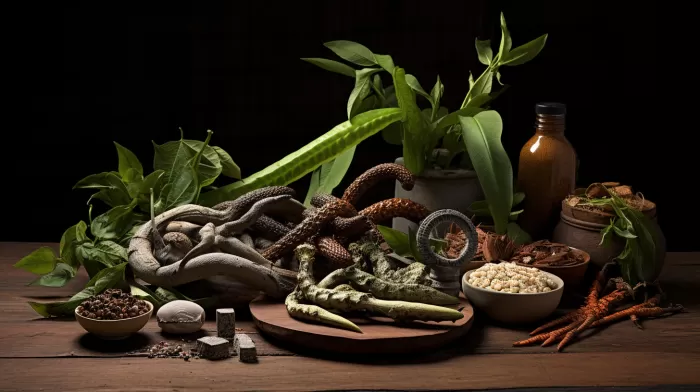There’s no denying that natural medicine has its unique advantages. In many cases, herbs have fewer side effects, are easier to obtain, and are less costly than pharmaceutical drugs. Because of these benefits, a team of Danish researchers has focused on finding natural remedies for snakebites – a global threat responsible for over 100,000 deaths each year.
Going back to nature to combat snakebites
The Danish researchers from the University of Copenhagen’s Faculty of Health and Medical Sciences, led by Marianne Molander, have decided to concentrate their investigation on African plants that can provide locally available herbal snakebite antidotes. “Snake venom antidotes are expensive, it’s often a long way to the nearest doctor and it can be difficult to store the medicine properly in the warm climate. As a result, many local people rely on natural resources for treating potentially fatal bites,” explains Molander.
In remote areas where access to Western medicine is limited, the results of their research could provide valuable guidance on the use of plants as snakebite treatments. “We have particularly focused on the snake species Bitis arietans, which is widespread south of the Sahara. All snake venoms consist of a unique cocktail of enzymes, which results in rapid tissue death. Along with our African partners, we are currently testing plants that act as venom antidotes in remote regions of Africa. A hundred plants from Mali, 27 from South Africa and 13 from the Democratic Republic of Congo are now under the microscope,” says Molander.
A major health issue in Africa
Snakebites are a significant health concern in Africa, with 1 million people bitten by snakes each year. However, due to the high cost and lack of availability to proper medicine, only half of these individuals receive treatment.
Discovering effective natural snakebite remedies will not only benefit people in African countries, but it has the potential to help those living in other parts of the world as well. In total, there are over 5 million snakebites every year worldwide, of which 2.7 million are considered serious. Snake venom is so dangerous due to its ability to paralyze the nervous system, cause severe tissue damage, and disrupt blood coagulation.
The potential of herbal remedies
In the quest for effective snakebite remedies, the research team is scrutinizing various herbal extracts that have been used by traditional healers for centuries. Some of the plants currently under investigation include:
- Argemone mexicana (prickly poppy): Known for its anti-inflammatory effects and numerous uses in traditional medicine, this plant has been used as a remedy for treating snakebites, as well as other health issues such as skin infections, coughs, and gastrointestinal disorders.
- Harrisonia abyssinica (calabash nutmeg): A small tree native to Africa, the bark and leaves of this plant have been used in traditional medicine to treat snakebites, malaria, and gastrointestinal problems.
- Mallotus oppositifolius (bushy mallotus): This plant is known for its ability to treat a wide range of ailments, including snakebites, stomach pains, wound infections, and fever.
Future prospects
As the Danish research team continues to study these promising plants and their potential as snakebite antidotes, their findings may pave the way for more accessible and affordable snakebite treatments across the globe. Furthermore, their research could also lead to the discovery of new treatments for related health issues caused by various venomous creatures.
In the future, incorporating natural remedies into modern medical practices may help address other significant health concerns worldwide while also empowering communities with limited access to medical resources. With the potential for fewer side effects, lower costs, and increased availability, a greater emphasis on natural medicine could have far-reaching benefits for people in need of healthcare around the world.



